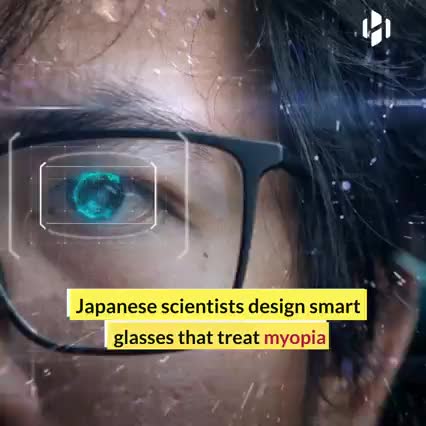Circa 2016
In the future, the doctor will follow you home with little measuring devices implanted in your body.
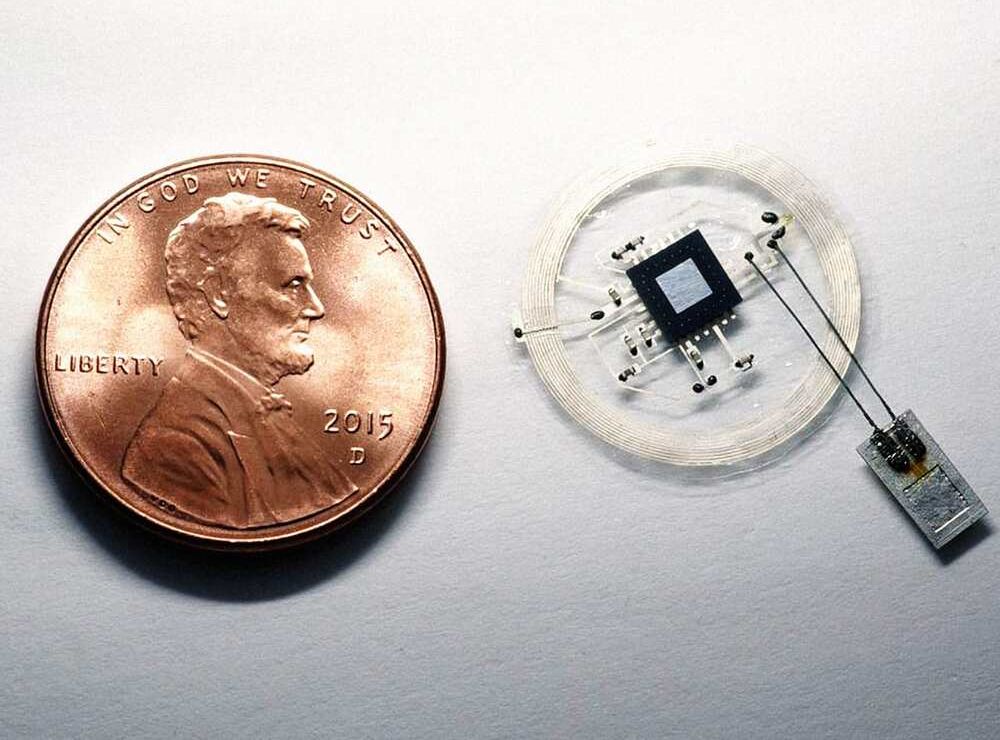
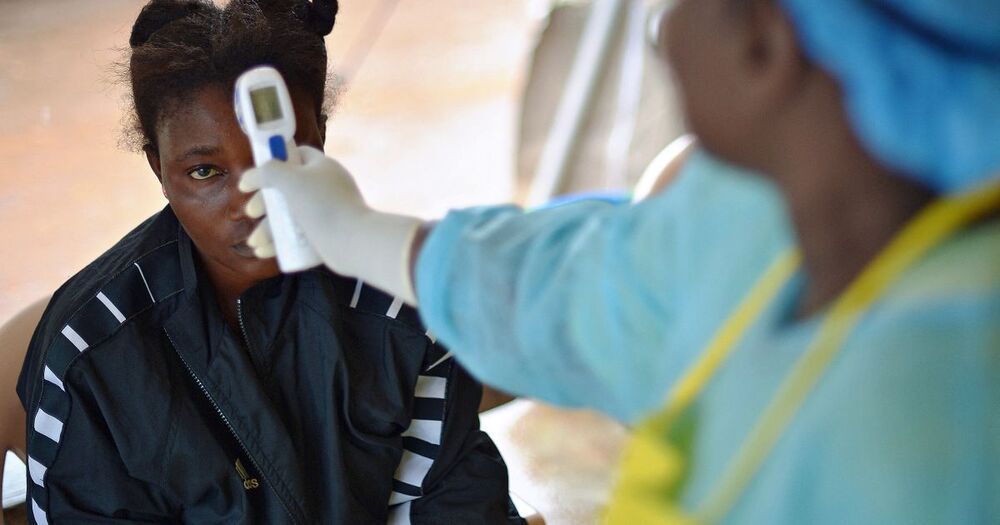


A phase 1 clinical trial testing a novel vaccine approach to prevent HIV has produced promising results, IAVI and Scripps Research announced today. The vaccine showed success in stimulating production of rare immune cells needed to start the process of generating antibodies against the fast-mutating virus; the targeted response was detected in 97 percent of participants who received the vaccine.
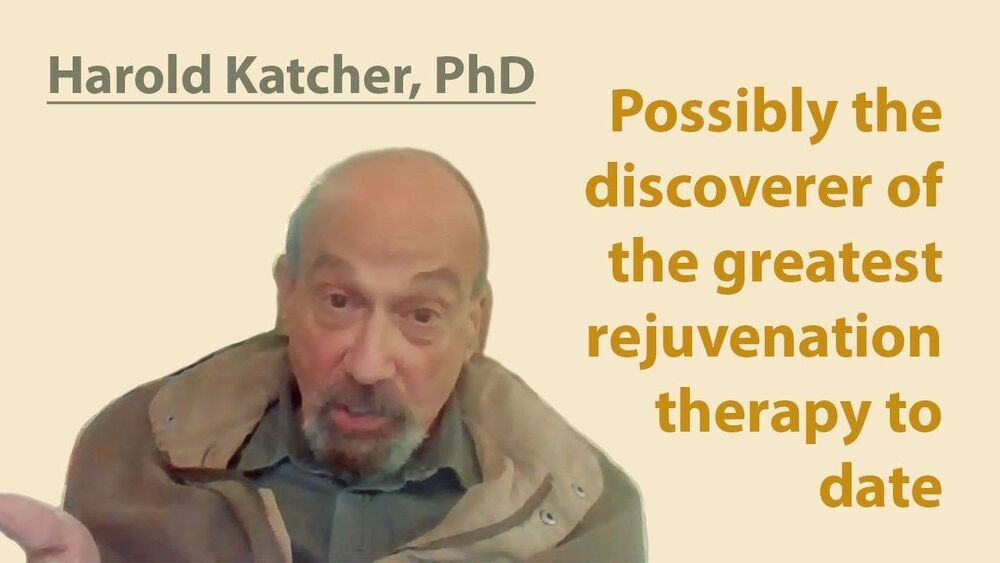
https://www.biorxiv.org/content/10.1101/2020.05.07.082917v1.full.pdfwatch?v=5d0CBZs4RJY&feature=youtu.be
Hi everybody. Around 10 days ago, I participated in an online conference about aging, organized by HEALES and ILA, and Harold Katcher was one of the speakers. As each speaker had only 15 minutes for their presentation (and Harold spoke only for 10 minutes because he had some technical issues with Zoom), I thought that it would be a good idea to make an interview with him so that he has more time to speak about his rejuvenation therapy with E-5, the test with dogs, the timeframe for the arrival of the therapy for humans, and, above all else, his theory of aging. So, it’s a more informal conversation, but I think it helps everybody to know more about Harold Katcher, maybe one of the most (if not the most) influent people in human history.
Harold Katcher, one of the discoverers of the human breast cancer gene and possibly the discoverer of the greatest rejuvenation therapy to date, talks to Nicolas Chernavsky about his rejuvenation therapy with E-5, his carreer and his theory of aging. 2020 paper on experiments with E-5: https://www.biorxiv.org/content/10.1101/2020.05.07.082917v1.full.pdfredirect?event=video_description&redir_token=QUFFLUhqbUtrUEZnT0RvbTIwR1VKMGNXVEVlZ09fdWJhUXxBQ3Jtc0trRlVvS1pnWWVlQ09yUHd1R2dCbE1wczJjT2dmbVJCczdJZUtEN18zOGhDR1Z6Q1VabWRBZHIzeEpyY1c0TTJuQXgzUXBmUmFNa24xY0F0Q3VZbjRkeTJ5dFhwM1pKcWZ0WFdmQTJwazkxRTZfbGlGaw&q=https%3A%2F%2Fwww.biorxiv.org%2Fcontent%2F10.1101%2F2020.05.07.082917v1.full.pdf Harold’s 2013 paper on aging: https://link.springer.com/article/10.1134/S0006297913090137 Conboy’s 2005 paper on parabiosis: https://www.biorxiv.org/content/10.1101/2020.05.07.082917v1.full.pdfredirect?event=video_description&redir_token=QUFFLUhqbUlCb3pmRDlHekJVUjdBOGEtN2NwODNUa3pvQXxBQ3Jtc0traVZ3YlhPUFBRWHBLQ2l4OGMxa2hyMl9FQmNGeDI0TDA1ejdycnR1NEx3dk13b2U3UVRfRU9qWDFmUDhxWXNOT0tJZkttdkl2UUpEdktVQWFVZXFDMFZLdTcxcFlaalQza291RWtGa0pVUFltVW1ENA&q=https%3A%2F%2Fwww.nature.com%2Farticles%2Fnature03260 1994 paper on human breast cancer gene: https://courses.washington.edu/gs466/readings/miki.pdf Find out more about Nicolas Chernavsky and NTZ on www.ntzplural.com #rejuvenation #aging #biotechnology #health #science.
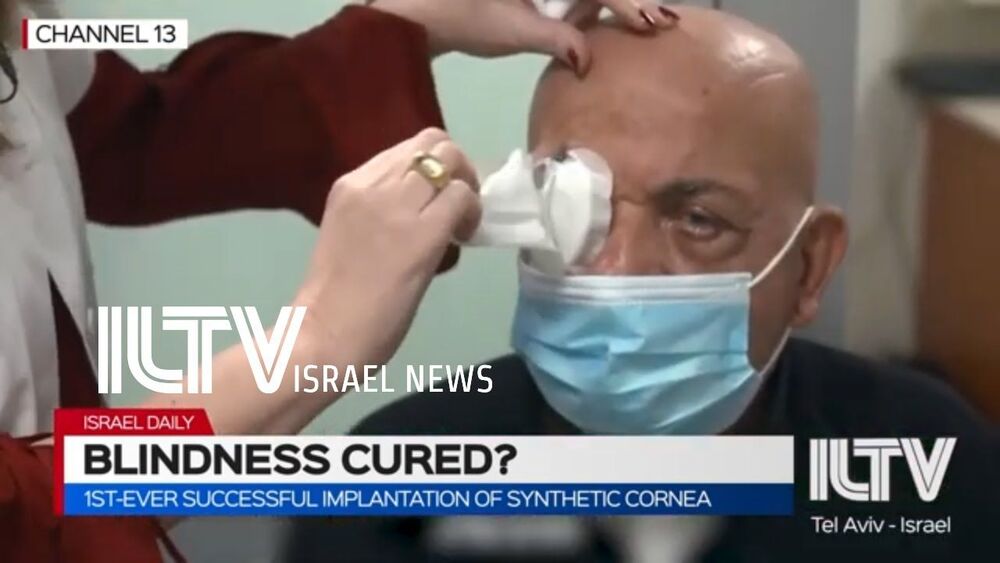
Table of Contents.
As of 2015940 million people suffer from a form of visual impairment. Today, some forms of blindness can be cured by cornea implants and other procedures. Other forms of blindness like glaucoma (where the issue is related to the optic nerve) are beyond our abilities to fix. Despite advances in bioprinting and camera miniaturization, the issue of optical connection remains when attempting to replace the human eye. So far, technological progress has largely not risen to the challenge that 2.0 poises.
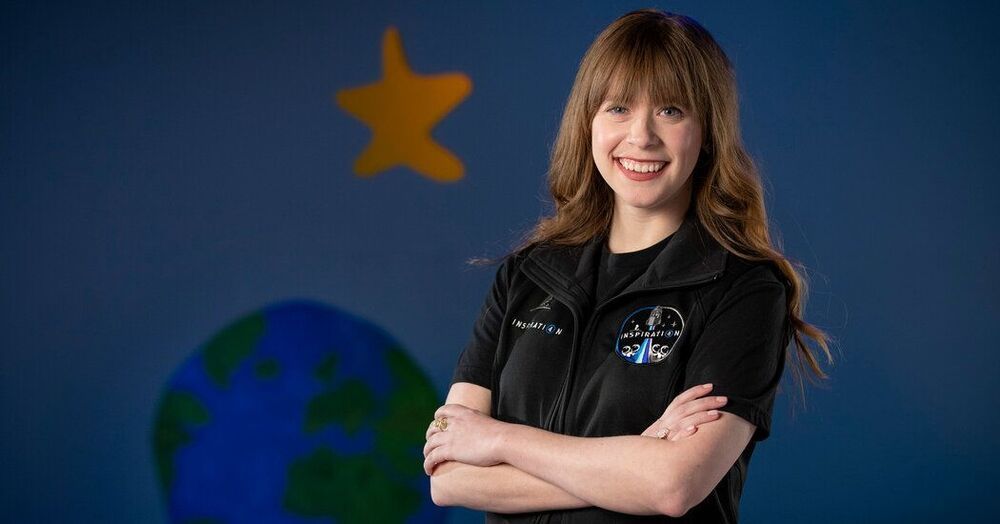
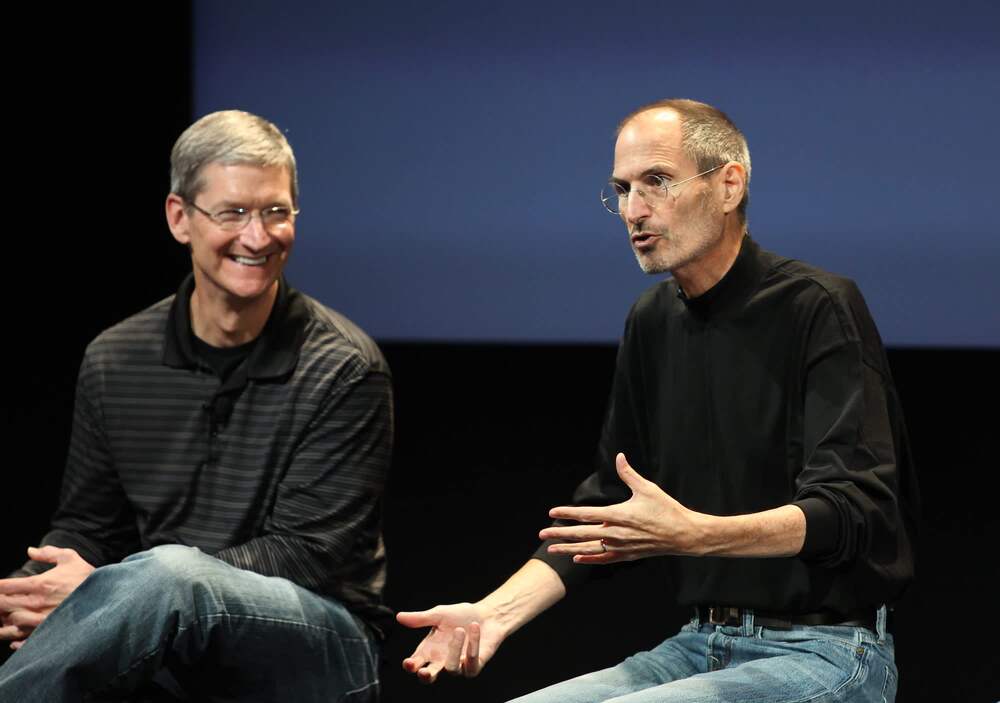
Today, the most common use cases are much more mundane, including smartphone-based games and apps like Pokemon Go or Apple’s Ruler app, which use the phone’s screen and camera rather than relying on glasses or another set of screens sitting on your face. The few companies who are actively producing AR glasses are mostly focused on work scenarios, like manufacturing and medicine.
Industry watchers and participants think that Apple has a good chance to validated and revolutionize augmented reality like it did with smartphones.
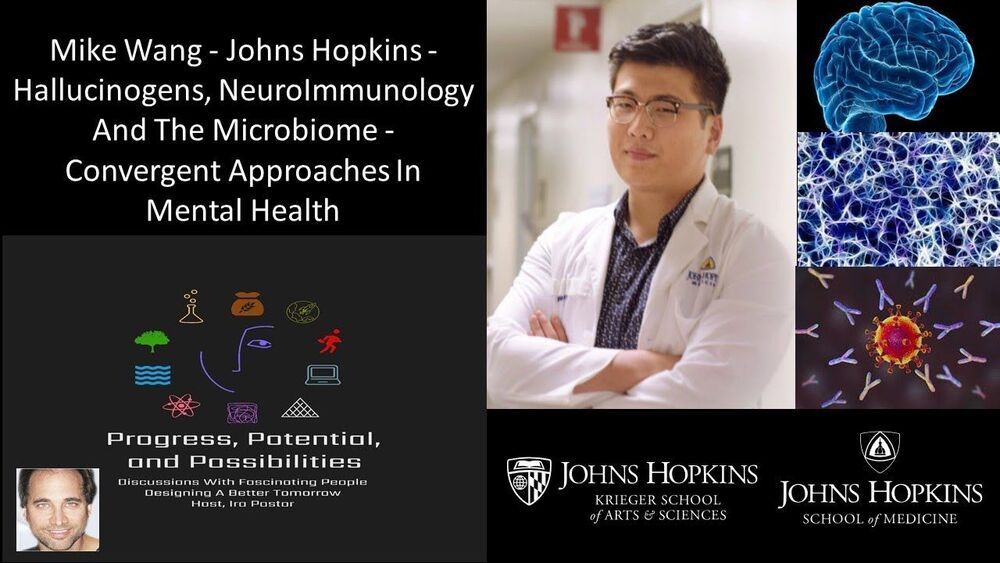
Hallucinogens, neuro-immunology and the microbiome — convergent approaches in mental healthcare — mike wang, johns hopkins university.
Mike Wang, is a neuro-psychiatric researcher and adjunct teaching faculty in neuroscience at the Johns Hopkins Krieger School of Arts and Sciences.
Mike is one of the youngest principal investigators at the Johns Hopkins School of Medicine and currently leads a clinical trial examining how hallucinogenic levels of over-the-counter dextromethorphan might serve as the world’s first rapid acting oral antidepressant. (Those interested in the clinical trial for dextromethorphan can.
Mike’s work has been featured in academic journals like the American Journal of Psychiatry, as well as popular outlets like Psychology Today and VICE.
Mike received his graduate training in immunology at the Johns Hopkins Bloomberg School of Public Health studying rare viral encephalitides and neuro-immune determinants of depressive disorders.
Outside of neuro-psychiatry, Mike serves as an educational reform advocate and board member of the educational nonprofit makeLAB.
